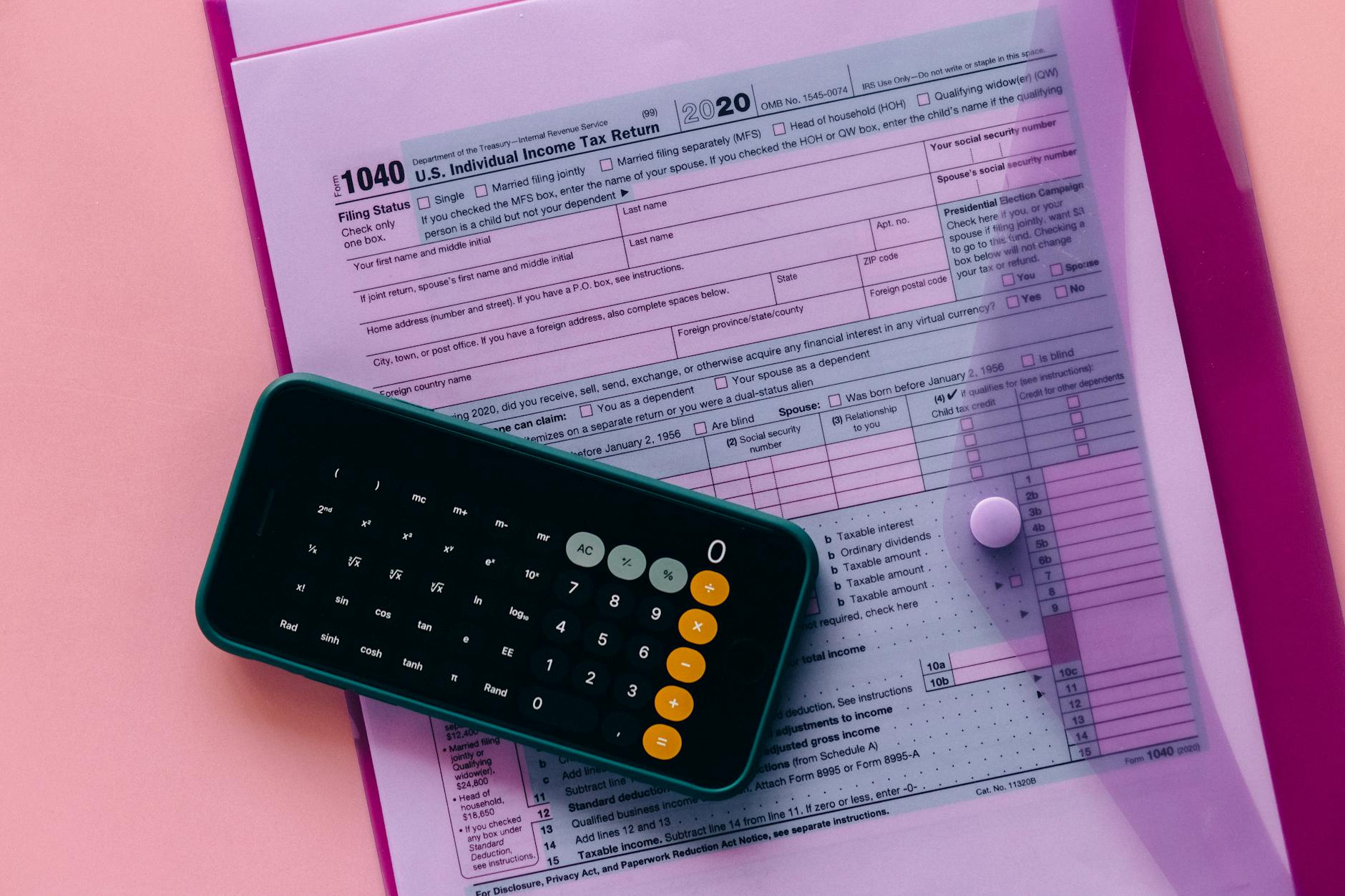Unlock the mystery of intoxication with a simple equation: discover the science behind how many beers it takes to get drunk.
Table of Contents
Have you ever found yourself wondering how many beers it takes to get drunk? It’s a common question that doesn’t always have a straightforward answer. Alcohol intoxication is a complex process influenced by a variety of factors, including alcohol metabolism, individual tolerance levels, and various external influences.
Understanding Alcohol Metabolism
alcohol metabolism refers to the process by which the body breaks down and eliminates alcohol. When you consume alcohol, enzyme systems in your body, primarily alcohol dehydrogenase and aldehyde dehydrogenase, work to metabolize the alcohol into acetaldehyde and eventually into acetate, which is then converted into carbon dioxide and water. The rate at which your body metabolizes alcohol can vary based on factors such as age, gender, genetics, and overall health.
Individual Tolerance Levels
Individual tolerance levels to alcohol can vary significantly from person to person. Factors that can influence alcohol tolerance include body weight, muscle mass, liver function, genetics, and previous exposure to alcohol. Generally, individuals with higher body weight and muscle mass tend to have higher alcohol tolerance levels, as alcohol is distributed over a larger volume in their bodies. Additionally, genetic factors can impact how quickly an individual’s body metabolizes alcohol, affecting their overall tolerance.
Factors Influencing Intoxication
Intoxication from alcohol is not solely determined by the amount of alcohol consumed but also by various external factors. Eating food before or while drinking can slow down the absorption of alcohol in your bloodstream, slowing down intoxication. Staying hydrated can also help dilute alcohol in your system, reducing the overall effects. The rate at which you consume alcohol, as well as the alcohol content of the beverages you’re consuming, also play a role in how quickly you become intoxicated.

Image courtesy of www.pinterest.com via Google Images
It’s important to note that responsible drinking habits are essential to ensure your health and safety while consuming alcohol. Being aware of your limits, pacing yourself, and not driving under the influence are all critical aspects of responsible drinking.
Conclusion
While there is no definitive answer to the question of how many beers it takes to get drunk, understanding the science behind alcohol metabolism, individual tolerance levels, and external factors influencing intoxication can help you make informed decisions about your alcohol consumption. Remember to always prioritize your health and safety when it comes to drinking, and never hesitate to seek help if you or someone you know is struggling with alcohol misuse.
How do different types of alcohol affect intoxication levels compared to beer?
Different types of alcohol may have varying alcohol content, which can affect how quickly you become intoxicated. Spirits like vodka or whiskey typically have a higher alcohol content than beer, so you may reach a certain level of intoxication faster with fewer drinks.
Can someone build up tolerance to alcohol over time?
Yes, regular alcohol consumption can lead to increased tolerance levels over time. Your body may adapt to the presence of alcohol, requiring more to achieve the same level of intoxication. However, developing a high tolerance can also increase the risk of addiction and other health issues.
How does age impact how many beers it takes to get drunk?
Age can affect how your body processes alcohol, as metabolism tends to slow down with age. This means that older individuals may reach higher blood alcohol concentrations more quickly than younger people when consuming the same amount of alcohol. It is important to drink responsibly and be aware of these changes.
Are there any factors that can make someone more susceptible to alcohol intoxication?
Yes, certain factors can make individuals more susceptible to alcohol intoxication. Lack of food in the stomach, dehydration, fatigue, or taking medications that interact with alcohol can all amplify the effects of alcohol. It’s crucial to be mindful of these factors and practice moderation when consuming alcoholic beverages.
Generated by Texta.ai Blog Automation


Leave a Reply